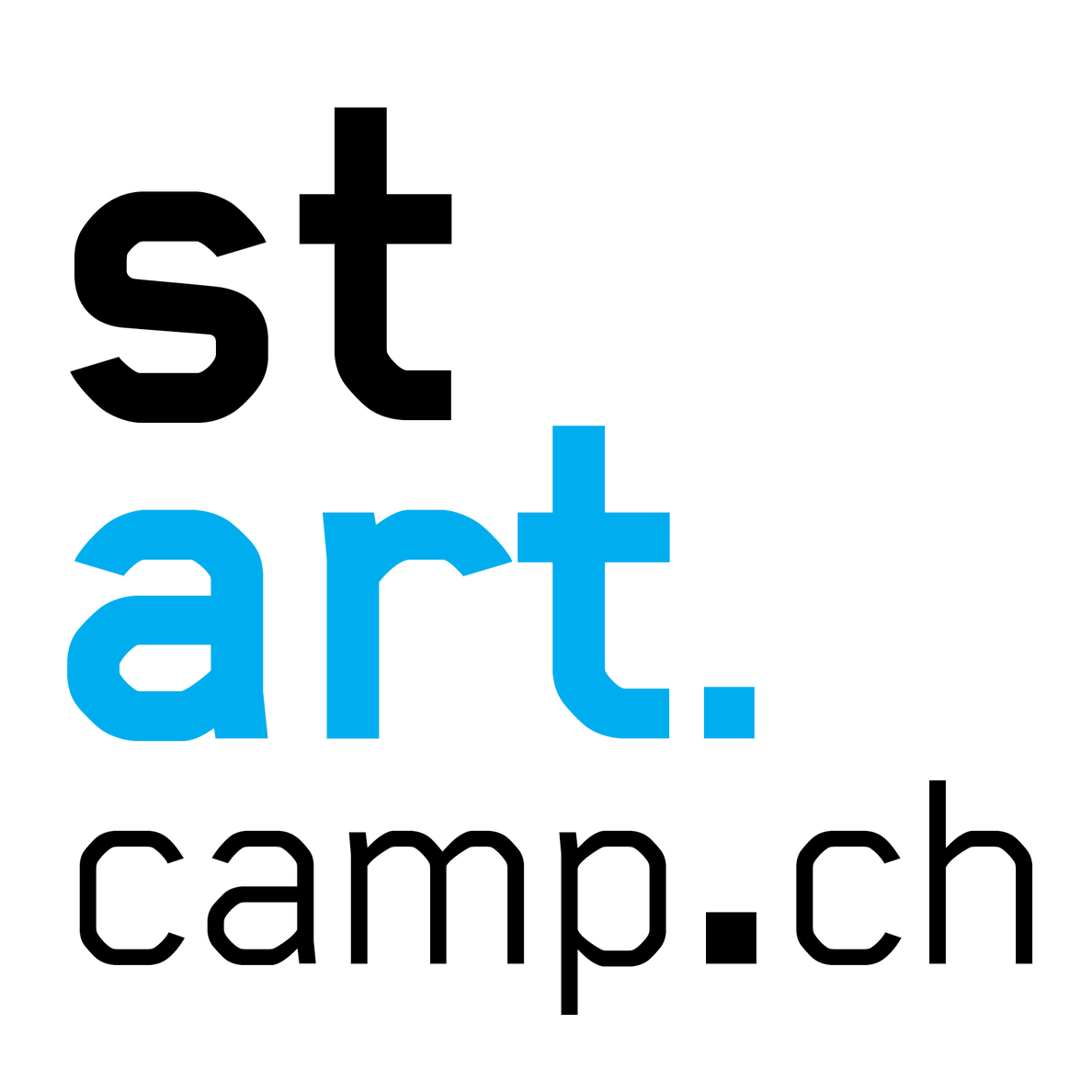Co-design of Mixed Reality Games using Ideation Cards in the Culture Sector
• Richard Wetzel, Hochschule Luzern - Departement Informatik - Research groups: Immersive Realities and Ludic Lab Lucerne
Games are a very interactive and participatory way for museums and other cultural institutions to engage with their visitors. When these games are not bound to a screen but are played in the whole venue by combining digital technology with physical exhibits, we call them “mixed reality games”.
Designing these games is a challenging task as they are very site-specific, incorporate complex technology, and not a lot of reference games exist that go beyond simple quizzes.
Creating such a game would ideally include the stakeholders of the cultural institution from the get-go to make use of their extensive domain knowledge. However, these experts naturally lack game design knowledge which limits the way they can contribute.
Richard Wetzel has developed a deck of ideation cards (“Mixed Reality Game Cards”) that provide just enough information on them to enable less experienced practitioners to actively engage in the game design process. Using the cards works almost like a game where a group of people comes together and everybody contributes ideas (represented by cards). This way, the group gradually builds up a game design idea. Opportunity Cards are the building blocks of the idea and contain potential game elements. Question Cards ask broader question of the resulting design. Challenge Cards confront the group with potential problems that might arise.
In the session, small groups were formed and each one of them got three random Opportunity Cards, one card from the board game Dixit for additional inspiration, and about 4 minutes of time to include all four cards into a coherent game design idea. All groups then briefly presented their ideas before a new round with new cards began.
Ideation cards are an excellent way for multidisciplinary groups to create and discuss ideas. This is enabled by several qualities:
• Cards are physical and can be moved around to spatially organize an idea.
• The randomness of the card draw creates odd combinations of cards forcing participants to think outside-the-box.
• The cards also provide an alibi for voicing something that might be considered a “silly idea” in other contexts as they are required to be included.
• They contain just enough information that everybody can quickly understand a concept and interpret it in the context of the developing game.
The Mixed Reality Game Cards are specialized in the described type of card, but there are plenty of other decks covering different topics, themes or purposes.
PLEX Cards (playful experiences)
Deck of Lenses (general game design)
Ideas for Games (general game design)
MethodKit (various topics)
Cards for Culture (future proofing cultural institutions)



